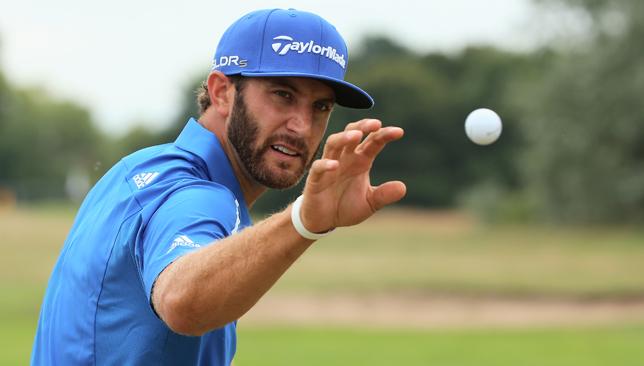
If a couple of things have come out loud and clear from the sorry saga of American golfer Dustin Johnson, it is that the players need to take better care of their own public relations, and that the PGA Tour needs to change its policy regarding not naming and shaming tainted players.
Both Johnson and the PGA Tour are equally to blame for the mess that they currently find themselves in.
The moment Johnson issued his statement, saying he was “taking a leave of absence from professional golf” and that he would “use this time to seek professional help for personal challenges”, he had already set himself up as a massive target for all kinds of potshots.
By not clearing the air on that itself, and by issuing a statement later that Johnson was not facing any ban as alluded to in a Golf.com story, the PGA Tour did not help his case either.
The statement did not clarify the situation and muddied the waters even more.
Unless the swashbuckling American felt extremely let down by his Open Championship performance – where he failed to build on a sparkling round of 65 on the second day and eventually finished tied-12th – there is no reason to believe there is anything wrong with his game.
– PGA Tour denies suspending Johnson amid failed drug test claims
The 30-year-old has eight PGA Tour titles and amassed $24.17 million in earnings on the course, and thanks to his good looks, athletic physique and ability to hit the ball miles, he also has several lucrative endorsement contracts.
As of last week, he was comfortably fourth in the FedEx Cup list and fifth in the Ryder Cup standings.
So, money, form and injury could not have been a reason for Johnson’s leave, especially not at this crucial juncture of the season where there is one important tournament after another.
After the WGC-Bridgestone Invitational, there is the PGA Championship, followed by the FedEx Cup Playoffs, leading up to the Ryder Cup in the last week of September.
The two chain of thoughts which were set in motion immediately was either it was a drug-related offence, as Johnson’s always been considered a party animal, or that his engagement to Pauline Gretzky, daughter of NHL legend Wayne, had broken up.
A bit of honesty from the player and his management would avoid harmful speculation.
Because Johnson is such a popular player, one thing he cannot take for granted is privacy. People will always be interested in what is happening with his game, and his life. That kind of intense inspection just goes with the territory.
The PGA Tour’s lack of transparency makes it easier for players to make the same mistake again. Money is hardly a deterrent for someone on the main Tour, whereas public humiliation can be a potent weapon.
The PGA Tour was among the last of the major tours to adopt dope testing, and while I can understand their two basic premises for the delay and in keeping slightly different procedures from other sports – that most performance-enhancing drugs do not give significant advantage to golfers, and that golf is generally a clean, self-governed sport – the PGA Tour needs to fall in line with other Olympic sports.
There has to be openness not only in revealing the names, but also the nature of sanctions and amount of fines imposed.